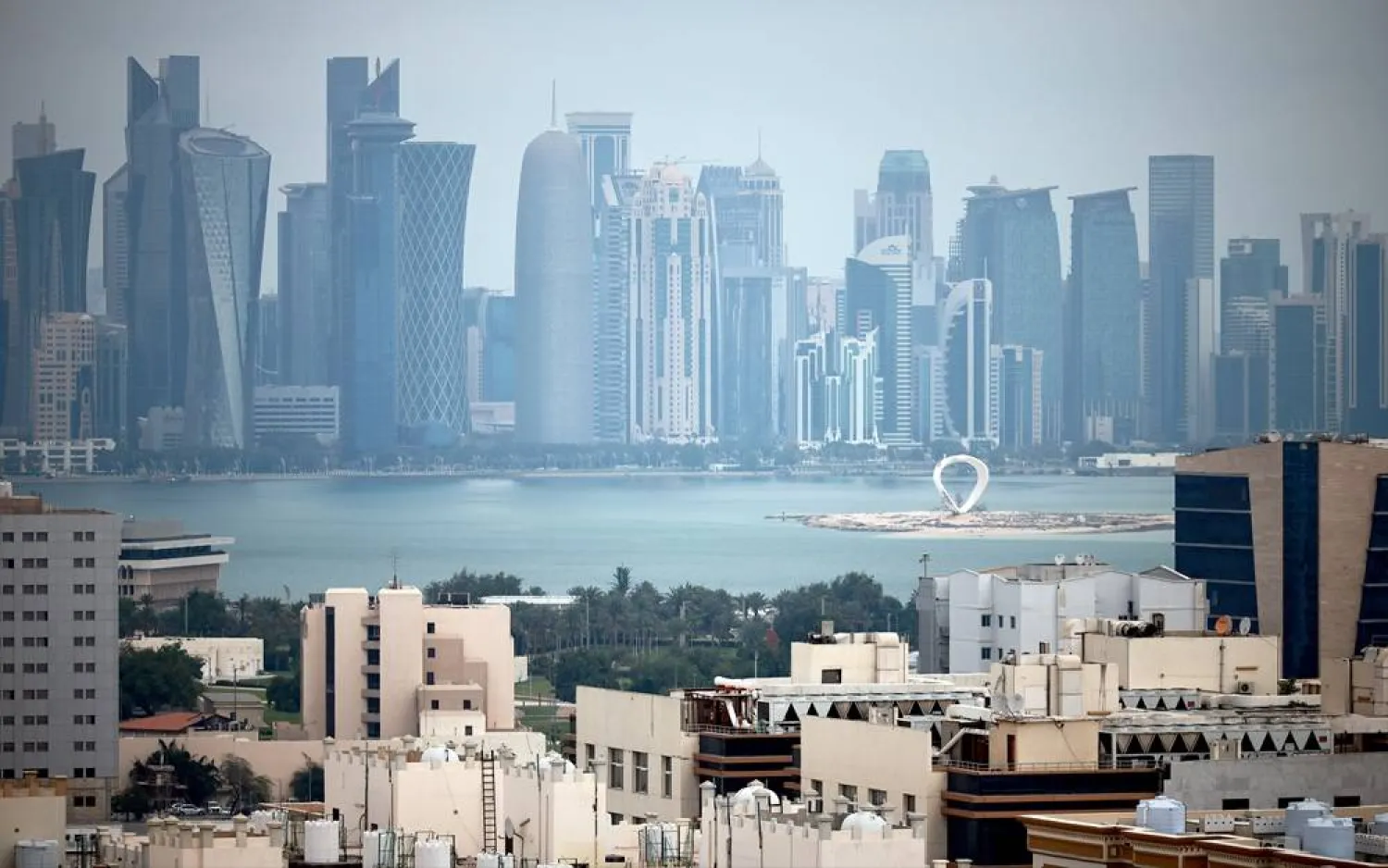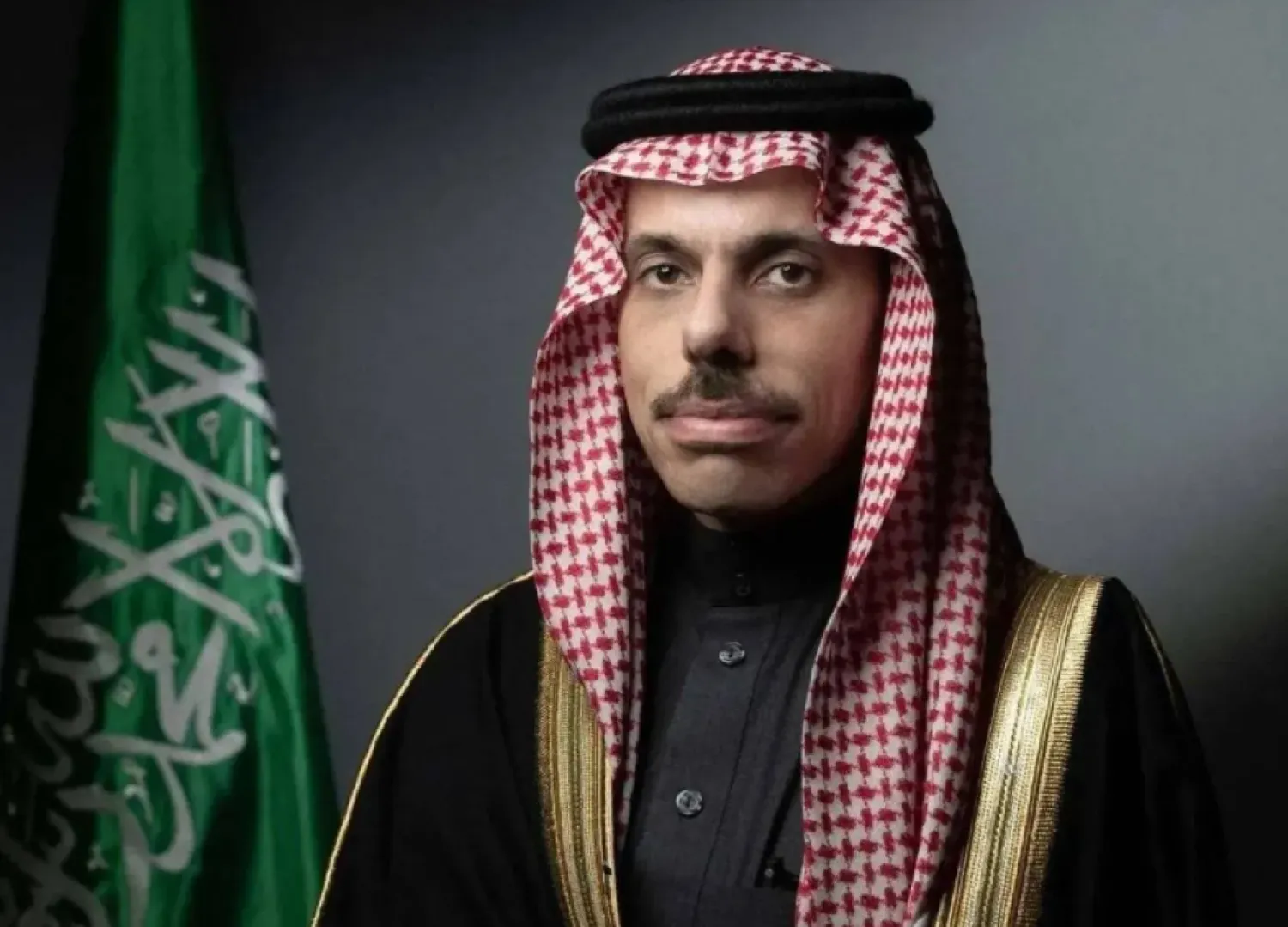Kuwait issued a decree on Wednesday temporarily suspending the National Assembly’s election law until Oct. 1.
The government has not set a date for the elections, but they are expected to be held on April 13, immediately after the Eid al-Fitr holiday.
The decree published in the Official Gazette (Kuwait al-Youm) regarding the 2024 National Assembly elections stipulated that a voter who has been convicted by final judgment of a felony, a crime against honor or trust, or a crime of insulting the divine entity, the prophets, or the Emir, shall be prohibited from voting unless rehabilitated.
The memorandum explained that the decree is aligned with the procedural rules of previous National Assembly elections and maintains all the guarantees and gains approved by the temporarily suspended law, including determining the electoral domicile according to the official data specified in the national ID to avoid tampering with the electoral restrictions.
Regarding the suspension of the Elections Commission Law, the memorandum explained that it was impossible to appoint judges to lead the commission within a short time as required by the suspended law.
Judges who join the commission will be required to resign from their work in the judiciary and lose the benefits of their position under the law and the letter sent by the head of the Court of Cassation and the President of the Supreme Council of Judges to the Minister of Justice.
Kuwaiti constitutional expert Mohammed al-Faili explained that the decree addresses the impossibility of implementing the electoral law because judges refuse to be appointed to the administrative body to monitor the electoral process.
Faili further noted that given that the law could not be implemented, and according to the Constitution, elections must be held within two months, and the decree was necessary legislation in the absence of parliament, which could be inferred as a law.
He noted that after suspending the mechanism stipulated for establishing the Elections Commission, the remaining provisions were restored, and the former election management mechanism was used, where the Ministry of Interior is responsible for updating voter lists with an urgent mechanism.
Faili clarified that this decree adopted the text of the postponed Commission law but kept its old provisions in effect, and in this regard, whoever obtained rehabilitation will benefit from it.









